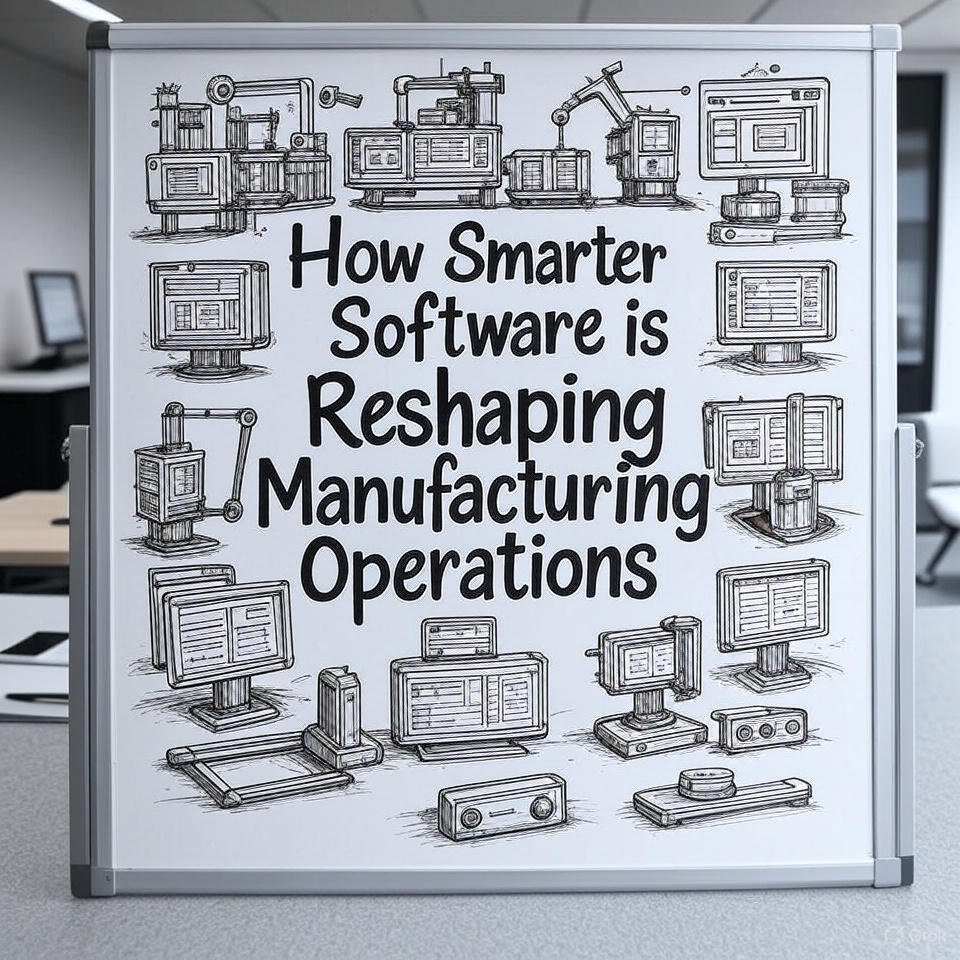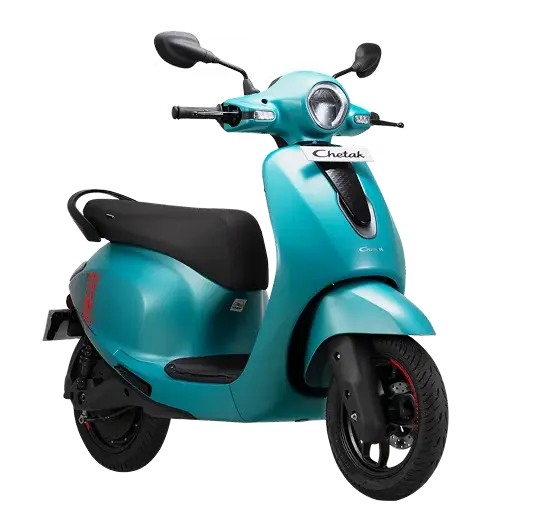The manufacturing industry is undergoing a dramatic transformation, driven by the adoption of smarter software systems. These tools are streamlining operations, improving decision-making, and boosting productivity in ways that were unthinkable just a decade ago. From real-time data analysis to predictive maintenance and intelligent automation, software is no longer just a tool—it’s becoming the backbone of modern manufacturing.
Real-Time Data for Real-Time Decisions
Manufacturing used to rely heavily on retrospective data. Reports were compiled after shifts or even days later, leading to delays in identifying problems or opportunities. With smarter software, manufacturers now have access to real-time data from the shop floor. Sensors and Internet of Things (IoT) devices feed live information into dashboards that supervisors and managers can use to make swift, informed decisions. This data-driven approach significantly reduces downtime and enhances output quality.
Predictive Maintenance Reduces Downtime
One of the costliest disruptions in manufacturing is unplanned downtime caused by equipment failure. Traditional maintenance schedules can be inefficient—either servicing equipment too early or not soon enough. Smarter software leverages machine learning and historical data to predict when a machine is likely to fail, allowing teams to perform maintenance precisely when it’s needed. This not only saves time and money but also extends the life of equipment.
Enhanced Supply Chain Management
Manufacturers are increasingly turning to software solutions to manage complex supply chains. By analyzing data from suppliers, logistics providers, and internal operations, software platforms can forecast demand, optimize inventory levels, and identify bottlenecks before they become major issues. Integration with external data sources allows companies to react quickly to changes in market conditions or global events, improving resilience and responsiveness.
Quality Control Through Automation
Software isn’t just making operations faster—it’s making them better. Advanced image recognition and machine learning tools are helping manufacturers automate quality control processes. Cameras and sensors can inspect products for defects in real time, alerting staff immediately if something is off. These systems are far more consistent than manual inspection, leading to improved product quality and reduced waste.
Workforce Empowerment and Efficiency
Rather than replacing human workers, smarter software is enabling them to do their jobs more efficiently. User-friendly interfaces, real-time performance metrics, and automated reporting mean that employees can focus on critical tasks rather than repetitive ones. Training is also becoming more accessible through augmented reality (AR) and virtual reality (VR) platforms that simulate real-world scenarios in a risk-free environment.
The Role of Integration and Customization
Modern manufacturing systems don’t operate in isolation. The most effective software solutions are those that integrate seamlessly with existing hardware, enterprise resource planning (ERP) systems, and other digital tools. Customizable dashboards and APIs allow businesses to tailor software to their specific needs, ensuring they’re not locked into rigid systems that don’t grow with them.
Looking Ahead: The Role of Data-Driven Strategy
As software becomes more intelligent and adaptive, it will continue to play a central role in shaping manufacturing strategy. Companies that harness the power of analytics and automation are more agile and better positioned for growth. To stay competitive, manufacturers must not only invest in technology but also in the skills and culture that enable them to use it effectively.
For those exploring how smart software tools can benefit businesses beyond manufacturing, there’s a growing interest in SEO and marketing automation platforms as well. Tools like those reviewed in Click insights are showing how software is transforming operations across all sectors, from the factory floor to the digital marketplace.
Conclusion
Smarter software is no longer optional for manufacturers—it’s essential. It enables precision, efficiency, and innovation at every level of operation. As the industry continues to evolve, those who embrace these digital tools will not only survive but thrive in a highly competitive landscape.






